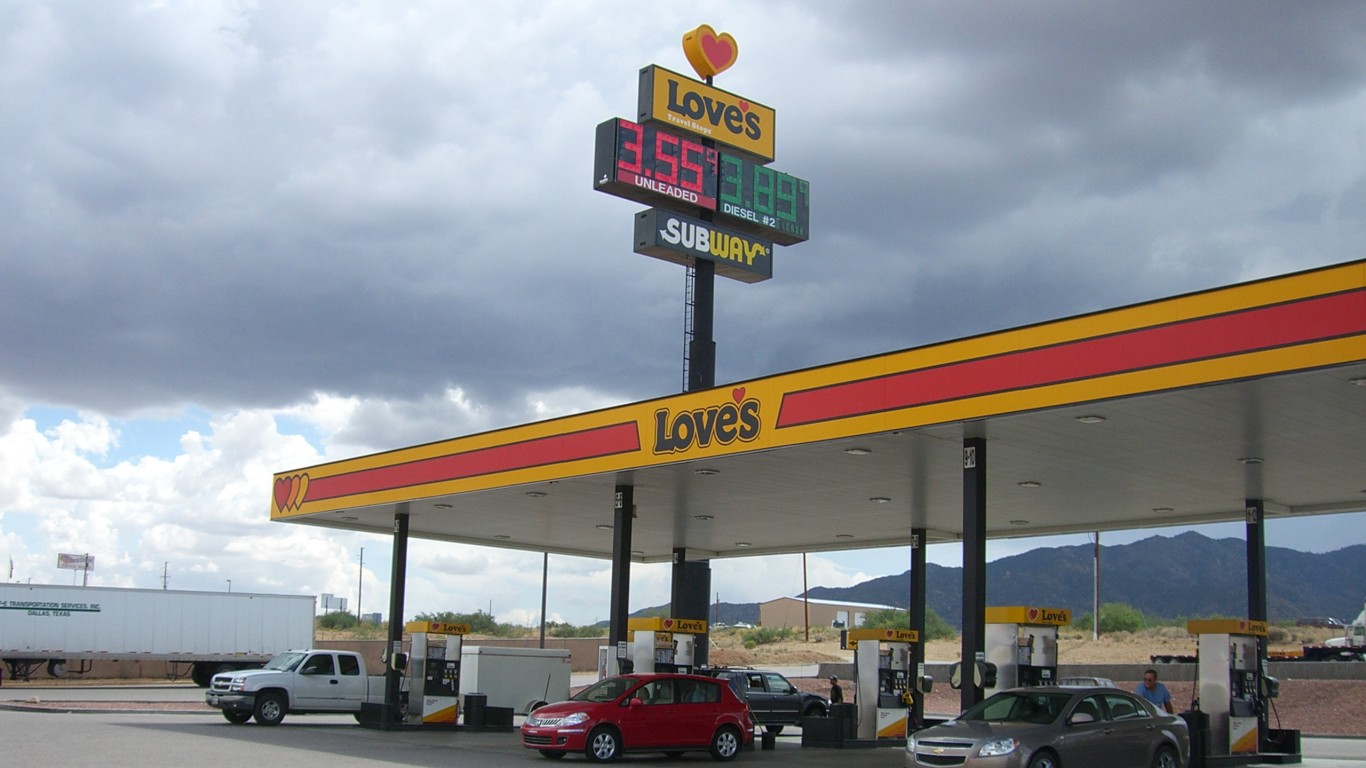 The price of crude oil has refused to rise even though OPEC has lowered production and threatened to further reduce exports. The September decrease of two million barrels a day was followed by a drop in prices. The cartel had no better luck at its December meeting when it cut roughly another two million barrels a day and insisted that all of the nations in the group adhere to the new export policies. The crude futures markets were not entirely convinced that some of OPEC’s more impoverished members might be sneaking supply out the back door to bring in cash.
The price of crude oil has refused to rise even though OPEC has lowered production and threatened to further reduce exports. The September decrease of two million barrels a day was followed by a drop in prices. The cartel had no better luck at its December meeting when it cut roughly another two million barrels a day and insisted that all of the nations in the group adhere to the new export policies. The crude futures markets were not entirely convinced that some of OPEC’s more impoverished members might be sneaking supply out the back door to bring in cash.
The price of crude oil has refused to rise even though OPEC has lowered production and threatened to further reduce exports. The September decrease of two million barrels a day was followed by a drop in prices. The cartel had no better luck at its December meeting when it cut roughly another two million barrels a day and insisted that all of the nations in the group adhere to the new export policies. The crude futures markets were not entirely convinced that some of OPEC’s more impoverished members might be sneaking supply out the back door to bring in cash.
Iran’s oil minister recently said that there would be another round of cuts at the OPEC meeting in March. Mr. Hussain al-Shahristani needs to get the price of crude to $70. If he cannot, Iran and other members like Venezuela will need to slash national budgets and may begin to operate at large deficits. In the current credit environment banks and sovereign nations are not going to give them loans.
OPEC will face another humiliation in March. Oil trades at $40 and the rapidly deepening recession is cutting demand in the developed world and, unexpectedly, in India and China as well.
The fact that non-member producers have not cut exports is an ongoing problem for OPEC. The Council on Foreign Relations believes that production in nations, including Canada and Mexico, may be up slightly this year, or, at least stay flat. The Council writes “In total, non-OPEC production is expected to increase by 1.5 million bpd in 2009, up from the 900,000 bpd growth expected in 2008, according to the the U.S. Energy Department’s Energy Information Agency.”
For a numbers of years, oil consuming nations have looked back on the Arab Oil Embargo of 1973 and worried that a similar catastrophe could happen again. Demand is contracting so quickly that this history is not likely to repeat itself this decade.
Who ever expected that the Canadians would become the greatest threat to Hugo Chavez?
Douglas A. McIntyre
Essential Tips for Investing: Sponsored
A financial advisor can help you understand the advantages and disadvantages of investment properties. Finding a qualified financial advisor doesn’t have to be hard. SmartAsset’s free tool matches you with up to three financial advisors who serve your area, and you can interview your advisor matches at no cost to decide which one is right for you. If you’re ready to find an advisor who can help you achieve your financial goals, get started now.
Investing in real estate can diversify your portfolio. But expanding your horizons may add additional costs. If you’re an investor looking to minimize expenses, consider checking out online brokerages. They often offer low investment fees, helping you maximize your profit.
Thank you for reading! Have some feedback for us?
Contact the 24/7 Wall St. editorial team.


